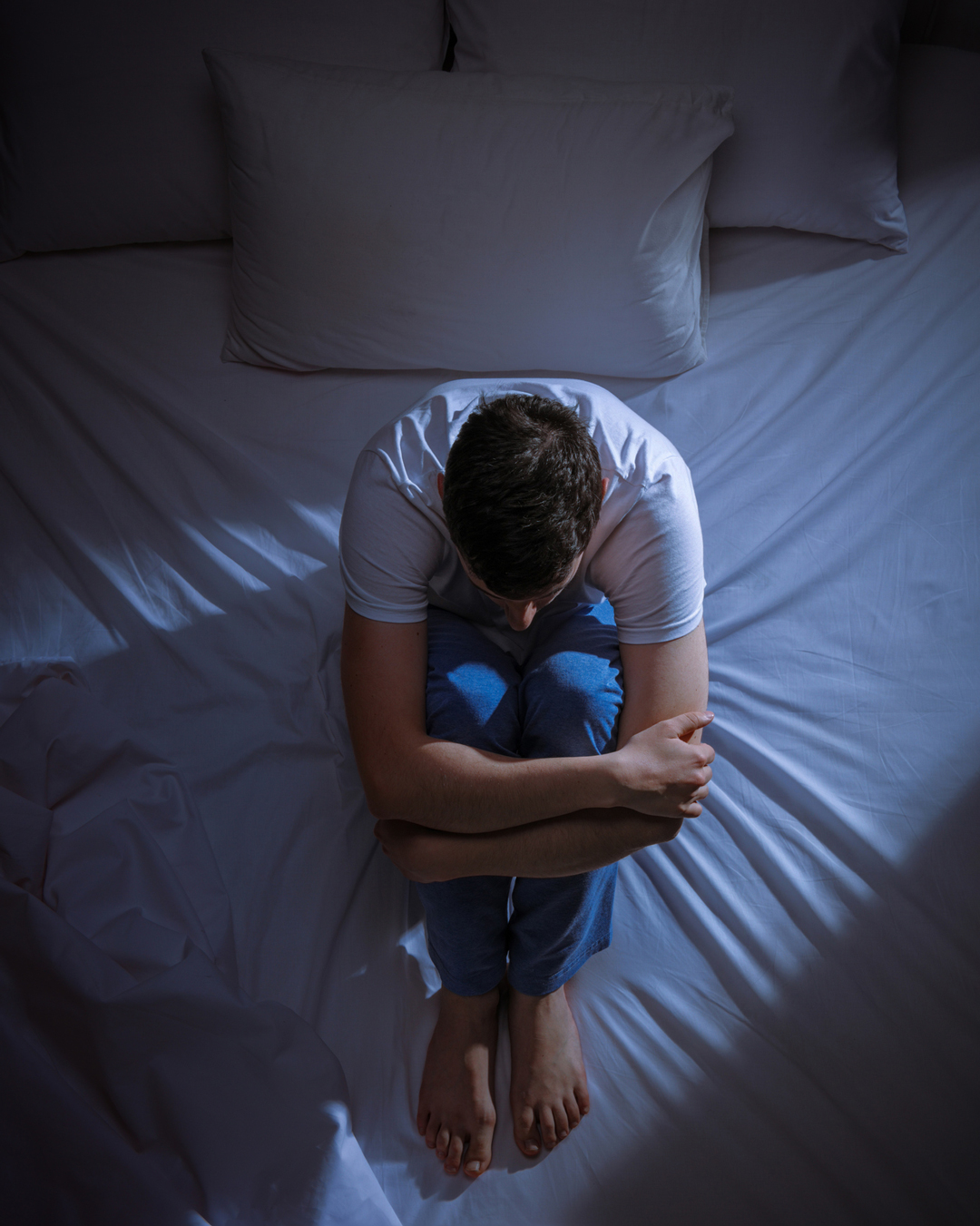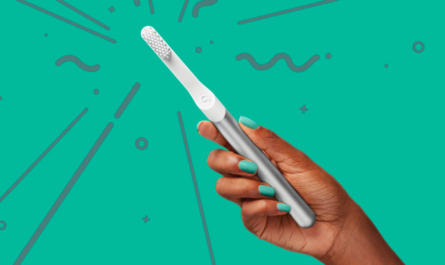Teeth grinding prevalent in election season
This year’s political arguing has apparently contributed a significant amount to teeth gnashing, according to the Washingtonian. According to dentists interviewed, America, overwrought and under-rested, is grinding its choppers away. “The collateral damage has just been incredible,” says DC dentist Brian Gray of the pandemic-meets-election season’s effect. Part of that damage is due to stress-related clenching and grinding, which causes people to come in complaining of headaches, jaw pain, or cracked or broken teeth. Antidepressant medications can cause teeth-grinding too. Gray estimates he’s making about 30 percent more night guards than he usually would. And it’s not just adults. Half of orthodontist Jill Bruno’s clients are teenagers, and their teeth are taking a beating, too. “I’m not a psychologist or psychiatrist, but the stress of this time period, it manifests in different people in different ways,” says Bruno. “The oral cavity, the mouth, takes a lot of the brunt.” Bruno estimates that about 25-to-30 percent of her patients have come in after grinding through their night guards, retainers, or aligners.
Protect your immune system
It’s critical to protect your immune system as we face both the COVID-19 pandemic and the 2020-2021 flu season, according to a Piedmont Living Better blog. Jemese Richards-Boyd, MD, a Piedmont primary care physician, shared ways you can boost your immune system and protect your health:
- Exercise. “Moderate exercise can boost immunity by increasing blood flow and helping to reduce chronic stress,” says Dr. Richards-Boyd.
- Proper diet. “In general, a poor diet and lack of nutrients can interfere with the activity of your immune cells and possibly even the production of different immune cells,” she says. “If you lack the necessary nutrition and become exposed to an infection, your body may not be able to mount the response it needs to fight the infection.”
- Sleep. “Lack of sleep can negatively impact your immune system,” says Dr. Richards-Boyd. “It is important to practice good sleep hygiene to make sure you avoid common pitfalls that disrupt your ability to get restful sleep.”
- Get a flu shot. “Getting a flu shot during the pandemic is important because it is possible to get both influenza and COVID-19, as they are two separate viruses,” she explains.
- Wash your hands regularly.
- Stay home if you are sick.
Read the full recommendations at: www.piedmont.org/living-better/how-to-boost-your-immunity-during-covid
Sniffing out COVID
A recent Time article highlighted how dogs might play a role in detecting COVID-19 infections. One hint – their noses. Steve Lindsay, a public health entomologist at Durham University, along with collaborators at the London School of Hygiene & Tropical Medicine (LSHTM) and the U.K.-based nonprofit Medical Detection Dogs, are working on a U.K. government-funded study that will test dogs’ ability to detect COVID-19. Their goal: to train coronavirus-sniffing dogs, which could then be deployed at schools, airports and other public venues to reinforce existing nasal swab testing programs. A similar study is underway at the University of Pennsylvania. “We’re not just doing the proof of concept work, we’re also working out actively how to deploy this and scale it up as well, because we want to hit the ground running once we’ve gotten our results,” says James Logan, the head of LSHTM’s Department of Disease Control and the project lead on the U.K. study. Read about the studies at: https://time.com/5898049/covid-19-sniffing-dogs.
A golfer’s guide to low back pain
Golf is often thought of as a low-impact sport, but it can be associated with several musculoskeletal injuries due to its repetitive nature, according to U.S. News and World Report. One of the most common complaints reported by golfers is low back pain, with reported rates varying from 26% to 52%. Low back pain is also a major health issue among adults in the general population. Given the high prevalence and high cost of low back pain care, it’s worthwhile to consider how to prevent golf-associated low back pain.
While the golf swing seems like a relatively easy motion, it is actually an extremely complex series of motions that involve most of the muscles and joints in the body. As with all things, the golf swing’s frequent repetition – compounded over years of playing the sport – places significant stress on those muscles, joints, and tendons. Over time, this may result in injury.
Understanding the mechanics of the golf swing, along with education and training, can help prevent golf injuries. It’s important to use proper posture and proper sequencing, and not to over-swing. Swinging too hard may increase the stress placed on the spine and surrounding structures… Read the full article.





